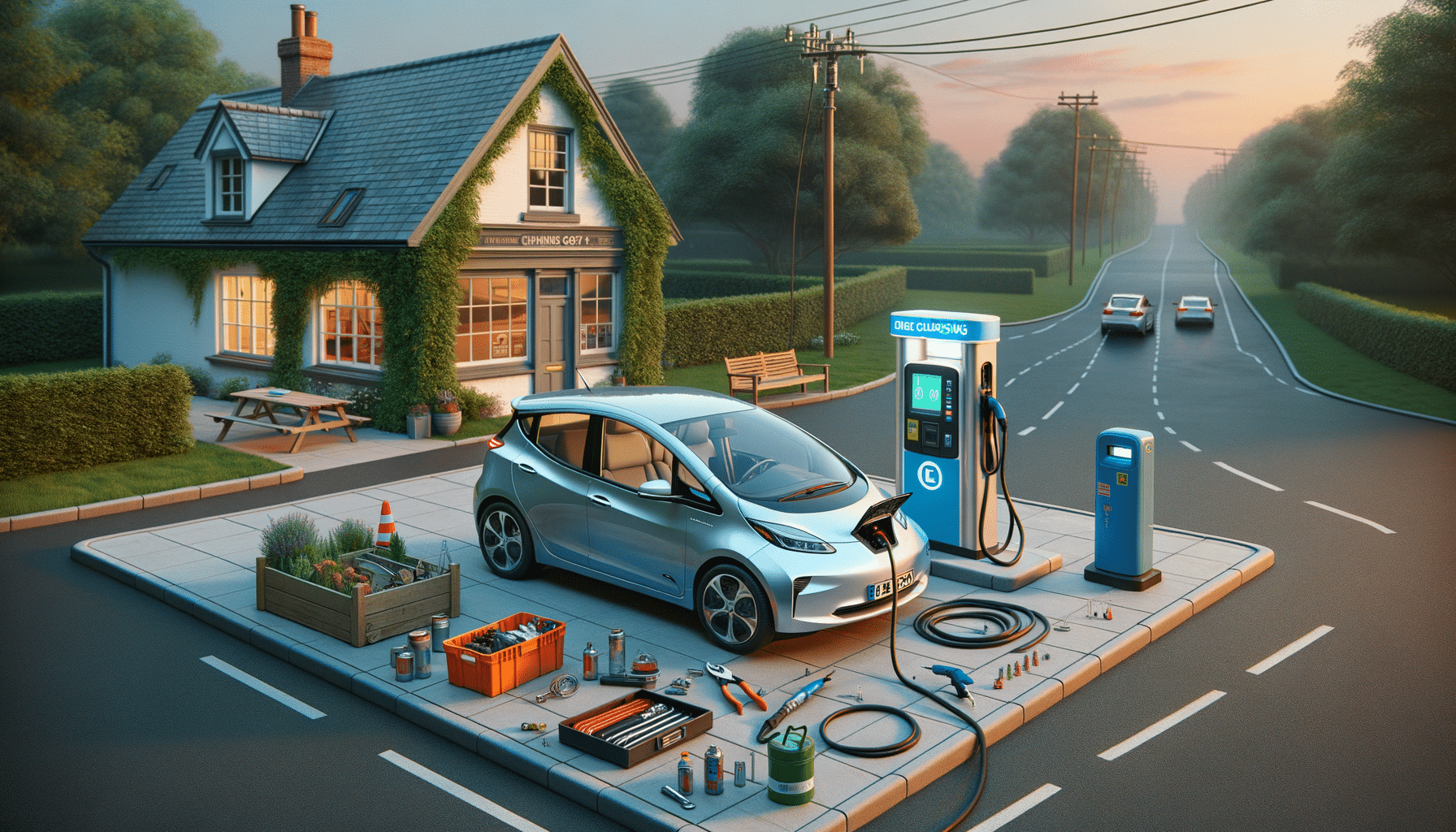
Thinking About an Electric Vehicle? Here’s What You Should Know First
What to Know Before Switching to an Electric Vehicle
Switching to an electric vehicle (EV) is a significant decision that involves various considerations beyond just the environmental benefits. Understanding these factors can help you make an informed choice. One of the primary aspects to consider is the range of the vehicle. Unlike traditional gas vehicles, EVs have a limited range on a full charge, which can vary significantly between models. It’s crucial to evaluate your daily driving needs and ensure the EV you choose can meet those requirements comfortably.
Another critical factor is the availability of charging infrastructure. While charging stations are becoming more widespread, they are not as ubiquitous as gas stations. Before making the switch, assess the charging options available in your area and along your common travel routes. This will ensure you have convenient access to charging points when needed.
Financial considerations are also essential. While EVs can be more expensive initially, they often offer savings in fuel and maintenance costs over time. It’s important to weigh these long-term savings against the upfront cost. Additionally, many regions offer incentives and tax credits for purchasing EVs, which can help offset the initial expense.
In summary, before switching to an EV, consider the vehicle’s range, charging infrastructure, and financial implications. Taking these factors into account will help you make a decision that aligns with your lifestyle and driving habits.
Charging Options: At Home and On the Road
One of the most significant changes when switching to an electric vehicle is understanding the charging options available. Unlike gas vehicles, which can be refueled at any gas station, EVs require different charging solutions. The most convenient option for many EV owners is home charging. Installing a home charging station allows you to charge your vehicle overnight, ensuring it’s ready for use each day. Home chargers vary in power levels, with Level 1 chargers using a standard household outlet and Level 2 chargers requiring a dedicated 240-volt outlet for faster charging.
For those who travel frequently or have longer commutes, public charging stations are essential. These stations are located in various public spaces, including shopping centers, parking garages, and along highways. Public chargers also come in different types, from slower Level 2 chargers to fast-charging DC fast chargers, which can significantly reduce charging time.
It’s also important to consider the cost of charging. While charging at home can be relatively inexpensive, public charging stations may vary in price. Some offer free charging, while others charge by the hour or per kilowatt-hour. Understanding these costs will help you budget accordingly and maximize the cost-effectiveness of your EV.
In conclusion, having a clear understanding of charging options, both at home and on the road, is crucial for EV owners. By planning your charging strategy, you can ensure that your vehicle remains powered and ready for any journey.
Understanding EV Maintenance and Cost Differences Compared to Gas Vehicles
Electric vehicles offer a different maintenance and cost structure compared to traditional gas-powered cars. One of the most notable differences is the reduced number of moving parts in an EV. This simplicity often translates to lower maintenance requirements, as there are no oil changes, spark plugs, or exhaust systems to worry about. The primary maintenance tasks for EVs include tire rotations, brake inspections, and battery health checks.
The cost of maintaining an EV can be significantly lower than that of a gas vehicle. According to several studies, the average maintenance cost for an EV is about 30% less than for a gas-powered car. This reduction is primarily due to the fewer components that require regular servicing. However, it’s essential to consider the cost of battery replacement, which can be substantial. Most EV batteries are designed to last for many years, but when they do need replacement, the cost can be a significant expense.
Another cost consideration is the potential savings on fuel. EVs are generally more energy-efficient than gas vehicles, and charging costs are often lower than fuel prices. This can lead to substantial savings over the life of the vehicle, especially for those who drive long distances regularly.
Overall, while the initial purchase price of an EV may be higher, the reduced maintenance and fuel costs can make them a financially attractive option in the long run. Understanding these cost differences is crucial for anyone considering the switch to an electric vehicle.


